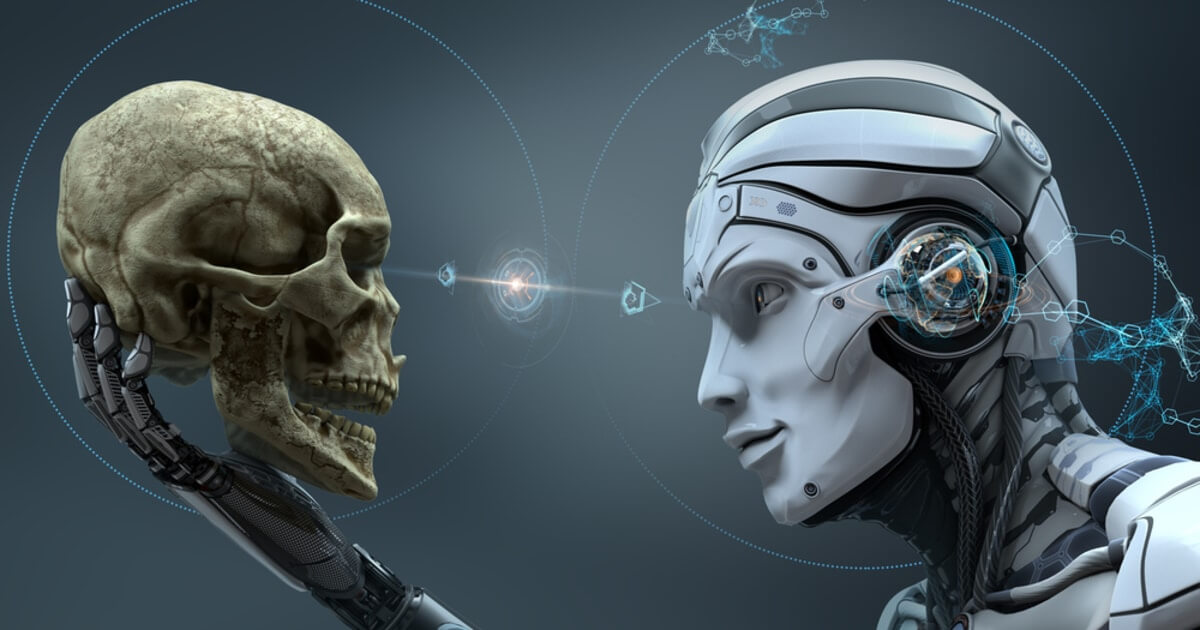Exploring Scenarios for the Transition to Artificial General Intelligence | 2025


Exploring Scenarios for the Transition to Artificial General Intelligence
The journey towards Artificial General Intelligence (AGI) is one of the most significant technological advancements of our time. As we stand on the brink of this transformative era, it is crucial to explore the various scenarios that could unfold during this transition. Understanding these scenarios not only helps in preparing for the future but also in addressing the ethical, social, and economic implications of AGI.

What is Artificial General Intelligence?
Artificial General Intelligence refers to a type of AI that possesses the ability to understand, learn, and apply knowledge across a wide range of tasks, much like a human being. Unlike narrow AI, which is designed for specific tasks, AGI aims to replicate human cognitive abilities, enabling machines to perform any intellectual task that a human can do.

The Importance of Transition Scenarios
As we move towards AGI, it is essential to consider the potential scenarios that could arise. These scenarios can help policymakers, researchers, and technologists prepare for the challenges and opportunities that AGI presents. Here are some key scenarios to consider:
1. The Gradual Integration of AGI
One of the most optimistic scenarios involves the gradual integration of AGI into society. In this scenario, AGI systems are developed incrementally, allowing for thorough testing and evaluation at each stage. This approach minimizes risks and enables society to adapt to the changes brought about by AGI. As AGI systems become more capable, they could assist in various fields such as healthcare, education, and transportation, leading to significant improvements in efficiency and quality of life.
2. The Sudden Leap to AGI
Conversely, another scenario posits a sudden leap to AGI, where a breakthrough in technology leads to the rapid development of AGI systems. This scenario raises concerns about the potential risks associated with untested AGI systems entering the world without adequate safeguards. The sudden emergence of AGI could lead to unforeseen consequences, including job displacement, ethical dilemmas, and security threats. In this scenario, it is crucial to have robust regulatory frameworks in place to manage the transition effectively.
3. Collaborative AGI Development
A third scenario involves collaborative efforts among nations and organizations to develop AGI responsibly. In this scenario, stakeholders come together to establish guidelines and best practices for AGI development. This collaboration could lead to the creation of a global framework that ensures AGI is developed ethically and safely. By sharing knowledge and resources, the global community can work towards a future where AGI benefits all of humanity.
4. The Rise of Superintelligent AGI
Another scenario to consider is the rise of superintelligent AGI, which surpasses human intelligence. This scenario raises profound questions about control, ethics, and the future of humanity. If AGI systems become superintelligent, they could potentially outsmart their creators, leading to a power imbalance. It is essential to explore how to ensure that superintelligent AGI aligns with human values and goals. Researchers are actively investigating methods to create safe and beneficial AGI systems, but the challenges remain significant.
5. The Ethical and Social Implications of AGI
Regardless of the scenario, the transition to AGI will have profound ethical and social implications. Issues such as privacy, surveillance, and the potential for bias in AGI systems must be addressed. As AGI becomes more integrated into society, it is crucial to ensure that these systems are transparent, fair, and accountable. Engaging in public discourse and involving diverse stakeholders in the conversation will be vital in shaping the future of AGI.
Conclusion
The transition to Artificial General Intelligence is a complex and multifaceted journey. By exploring various scenarios, we can better prepare for the challenges and opportunities that lie ahead. Whether through gradual integration, sudden leaps, collaborative efforts, or the rise of superintelligent AGI, understanding these scenarios will be essential in navigating the future of technology. As we move forward, it is imperative to prioritize ethical considerations and ensure that AGI serves the greater good of humanity. For more insights on this topic, visit the original blog.







